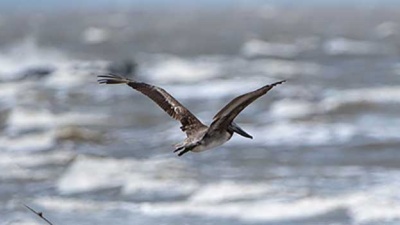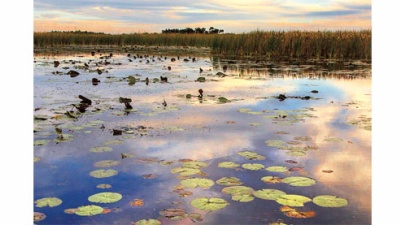Topic: river and coastal science

Civil engineering returns as a minor with a water-management focus
When the School of Science and Engineering reconsidered a civil engineering curriculum, they brought it back with a 2023 update: Civil Engineering – Water Resources and Environmental, a minor for undergraduate students.

Quoted: John Sabo
“It isn’t going to be easy, but to have a chance of maintaining the Mississippi River basin — and the Colorado, and really, any major freshwater system — we must stop thinking about floods and droughts in extreme terms that leave the impression that these are infrequent outliers." John Sabo, director of the Tulane ByWater Institute, writes a piece in Forbes about the Mississippi River’s record low water levels and lessons that can be learned from the Colorado River’s water shortage.https://tulane.it/john-sabo-forbes

RIVER FORECASTING
Ehab Meselhe, a professor in the Department of River-Coastal Science and Engineering, will develop an online forecasting tool to help scientists, ecologists and engineers evaluate how freshwater diversion and other coastal restoration projects may impact marine mammals, shorebirds, barrier islands and fisheries from the Mississippi River to the Gulf of Mexico. The project, funded by a grant from the NOAA RESTORE Science Program, aims to fund research that reduces the uncertainty around the management of natural resources in the Gulf of Mexico region.https://tulane.it/river-forecasting

River Lookout
The new Department of River-Coastal Science and Engineering looks for solutions to rising sea levels and sinking land, among today’s most looming problems.

Understanding the Gulf Coast Is Key to Resilience
A national report on the future of the Gulf Coast draws heavily on the work of two Tulane University scientists who have spent most of their careers studying coastal systems in Louisiana and around the world.








































